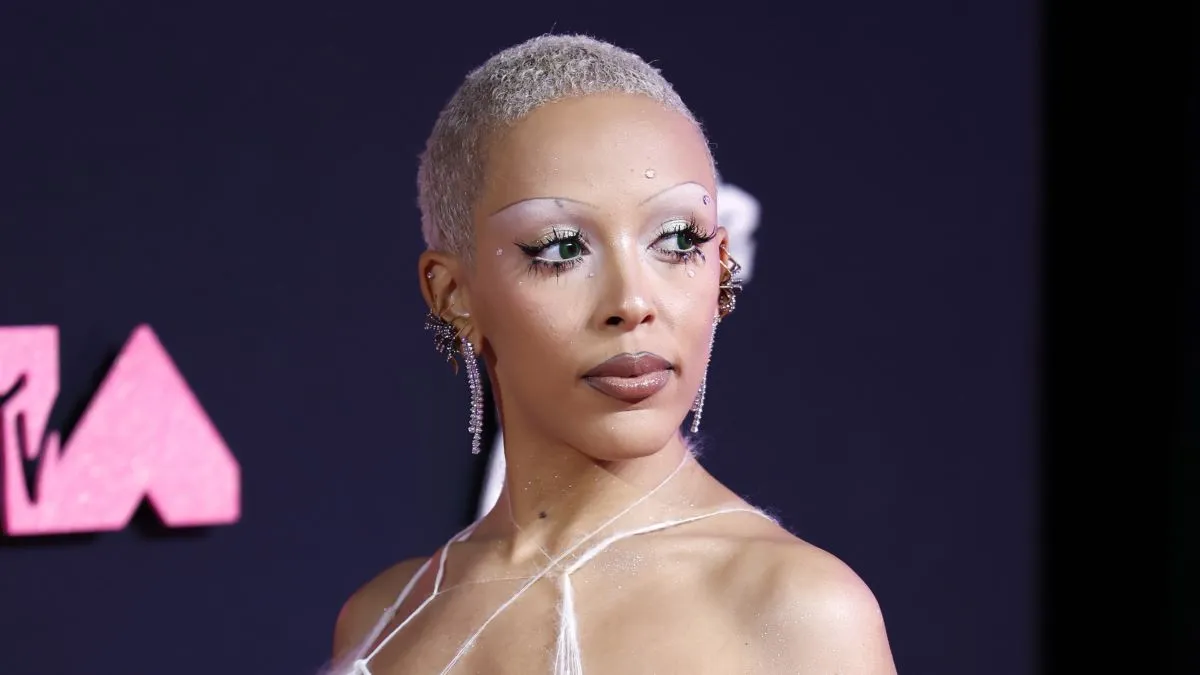Doja Cat, born Amala Ratna Zandile Dlamini on October 21, 1995, in Los Angeles, California, has experienced a significant rise in popularity in recent years. While she initially gained attention with the viral success of her 2018 novelty song “Mooo!,” her music, particularly from her sophomore album “Hot Pink,” solidified her position in the music industry. In 2023, she released her fourth studio album, “Scarlet,” which featured a hip hop-oriented sound and achieved success on the Billboard 200.
However, Doja Cat has also faced controversies throughout her career, especially related to comments that were perceived as racist and the use of offensive language. Amidst these controversies, she clarified her ethnicity in a now-deleted Instagram post.
Doja Cat’s ethnicity is biracial. Her mother, Deborah Sawyer, is an American graphic designer of Jewish heritage, while her father is Dumisani Dlamini, a South African actor and dancer of Zulu descent. Despite her multicultural background, Doja Cat grew up facing challenges as a mixed-race child in the affluent Los Angeles suburb of Oak Park.
Her experiences included being among the few, if not the only, mixed-race children in their childhood community. Doja’s brother teased her for not having Black friends, and she often felt different, facing racism associated with her half-Black ethnicity. In her early years, she was conscious of her appearance, with a desire to flat-iron her hair.
Doja Cat, however, has embraced her identity and risen to prominence in the music industry based on her talent. She has become one of the most popular modern singers and female rappers, drawing inspiration from artists like Nicki Minaj. Despite the challenges she faced growing up, Doja Cat’s confidence in her identity and her musical success showcase her resilience and determination.


